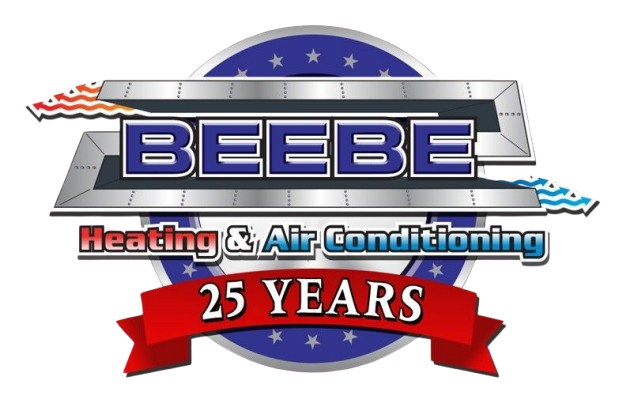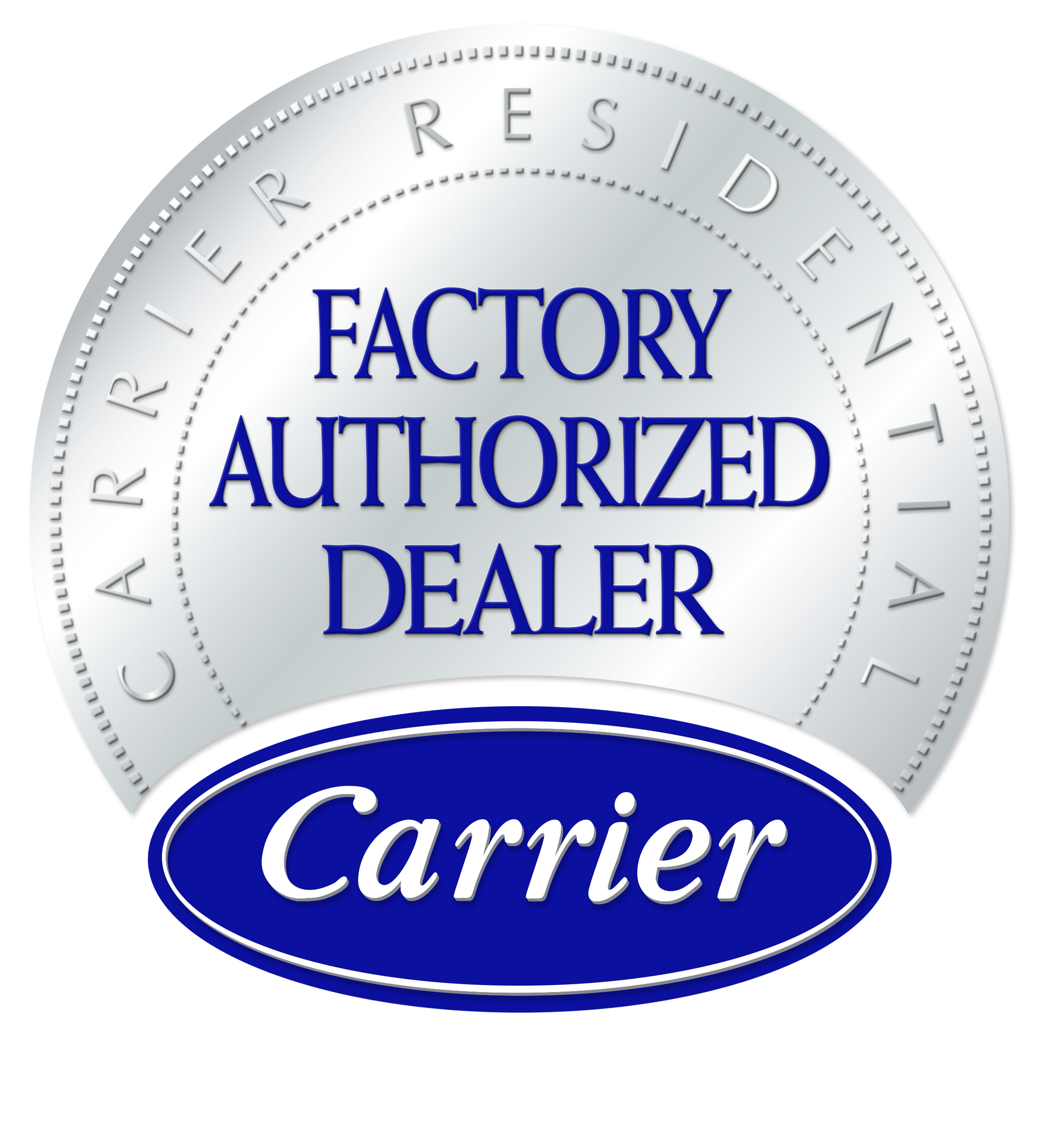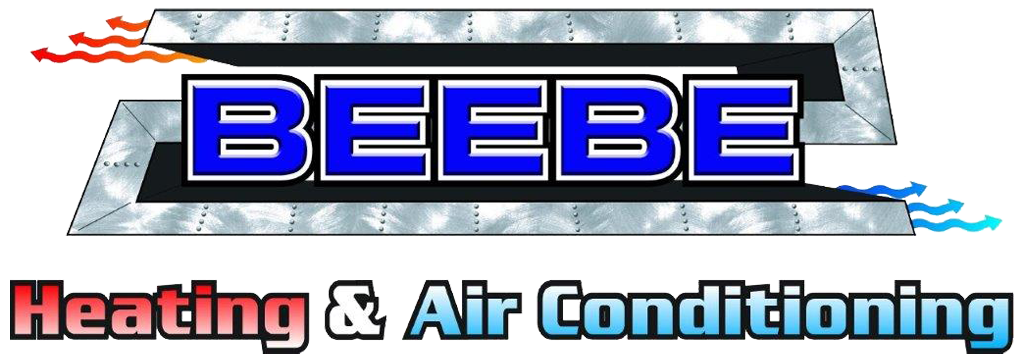FAQS
Beebe Heating & Air Conditioning
Have an HVAC-related question? Beebe Heating & Air Conditioning has the answer. Check out these FAQs and give us a call today for more information!
-
How long has your company been in business?
We established our heating and air conditioning business in 1998! Choose Beebe Heating & Air Conditioning for all your HVAC needs.
According to WebFX, almost 90% of American homes use air conditioning. Our extensive experience ensures we can keep your system running!
-
Are your technicians licensed and insured?
We are heating and air conditioning professionals! We maintain a high level of quality among our staff.
All of our installers and technicians are trained on a regular, ongoing basis. We, and they, are certified by the organizations Carrier Dealer and North American Technician Excellence (NATE). We are bonded and insured.
-
Do you offer any guarantees on your work?
Yes! We offer one or two years on our labor and 10 years on parts and warranty. Choose us for reliable heating and air conditioning.
-
Do you offer any financing options for repairs?
We don't offer financing for repairs. However, we do offer financing for new heating and air conditioning equipment.
-
What Does The Energy Factor (EF) On My Water Heater Mean?
The water heater Energy Factor (EF) is a measure of the overall efficiency of the water heater. This is determined by comparing the energy in the heated water used daily to the total daily energy consumption of the water heater. The EF can be used to compare the energy efficiency of water heaters. Water heaters with higher EFs will have lower annual operating costs than comparable models with lower EFs. A higher EF signifies a more efficient model. Water heaters with high EF ratings may cost more initially, but save energy and money in the long run. Eventually, they will pay for themselves through a lifetime of energy savings.
-
Where Is The 'Anode Rod' And What Does It Do?
For most water heaters, the anode rod is attached to the hot water outlet of the water heater. If you are facing the front of the water heater (where the labels are), the hot water outlet is on the left hand side. The anode rod is often referred to as a "sacrificial rod".
Most water is rarely "pure". It can contain oxygen, magnesium, fluoride, chlorine and suspended particles. These components, in the concentrations in your water, are usually not bad for you. However, they do contribute to the taste and smell of the water. They also impart a slight conductivity to the water. Through an electrical process called electrolysis, this conductivity will eventually (over a long period of time) cause most metal to rust or corrode. When the water is heated, this electrical process can be accelerated.
Most water heaters are made of a steel tank with a porcelain enamel (glass) lining. However, due to production and assembly methods, it is not always possible to completely cover the inside of the tank. Therefore it is important to provide metal that can be consumed by the electrical process. This is where the sacrificial anode rod comes in. By acting as a lightning rod for the corrosion process, the anode rod draws the harmful electrolytic process away from the water heater tank and focuses the corrosion on the anode rod. Water heaters need this sacrificial anode rod to ensure that the electrolysis does not affect the tanks.
-
Why Doesn't My Old Water Heater Make As Much Hot Water As It Used To?
The answer may be that you have sediment buildup in your tank. As water heaters age, they tend to accumulate sediment and lime deposits. If the heaters are not cleaned periodically, the sediment may rise to a level that will act as a barrier between the burner and the water, making it harder to heat. An article published in a national ASPE plumbing journal states: for every half inch of sediment on the bottom of a gas fired water heater, it requires up to 70% more fuel to heat the water.
-
If My Water Heater Was In A Flood, Do I Need To Replace It?
Yes. The Air-Conditioning, Heating and Refrigeration Institute (AHRI) recommends that any flood-damaged heating and cooling equipment be replaced, not repaired. From the AHRI website, as it pertains to water heaters:
"Whether your water heater is gas-fired, oil-fired or electric, if it was exposed to flood water, the unit should be replaced. In a gas unit, valves and controls will likely corrode. In an electric unit, the thermostat and controls will likely corrode. In both types, the insulation surrounding the unit will be contaminated and will be nearly impossible to disinfect. Additionally, the insulation would take a long time to dry, leading to corrosion of the tank from the outside.
Even if water heater components have been cleaned and the unit seems to operate properly, parts may corrode in the future. Both gas and electric water heaters have a pressure relief valve that can corrode and stick after being exposed to flood water. Therefore, be sure to replace this valve as well."
(Taken from www.ahrinet.org)
At the suggestion of AHRI, be sure to have your inspection and replacement work performed by a qualified professional.
-
Can I Use My Water Heater With A Solar Heating System?
With the increasing costs of energy and a desire for environmental friendliness, some customers are turning to the sun as a way to heat their domestic water. Bradford White manufactures a solar water heating storage tank for use with solar systems. This tank takes the heated water from the solar panels and uses it as a heat source instead of conventional gas, oil or electric heat sources unlike other tanks, this water heater has an electric heating element for back up on cloudy days, and when the solar system is not providing enough heat. However, it is important that you use only POTABLE (or domestic use) water in this tank
-
Is A Drain Pan Necessary?
A water heater should be placed in an area that will prevent damage to floors, ceilings, and furniture if the heater leaks. When this is not possible, a drain pan must be installed under the water heater. Since a typical drain pan doesn't hold that much water, it must have a pipe to a drain or other outlet for the water. When installed properly, a drain pan and pipe will keep any leakage under control and protect your belongings from water damage.
-
What Type Of Maintenance Should I Do On My Water Heater?
We recommend that you contact a plumbing professional to perform any maintenance or repairs to your water heater - from periodic checks on the anode rod to ensuring that all connections are secure. Recommendations for maintenance are in your water heater's owner manual. However, there are a few things that you can do:
- Ensure that there are no sources of flammable vapors in the same area as your water heater (this includes gasoline, heating oils, lighter fluid, propane, etc.).
- Keep the top of the water heater clean. If you notice water dripping on the water heater from any piping, contact a plumbing professional to have the leak repaired.
- Keep the space around your water heater clean and free of dirt, boxes, paint cans, aerosol cans, household cleaners and trash. It is important to keep the heater accessible for proper operation and easy maintenance.



Share On: